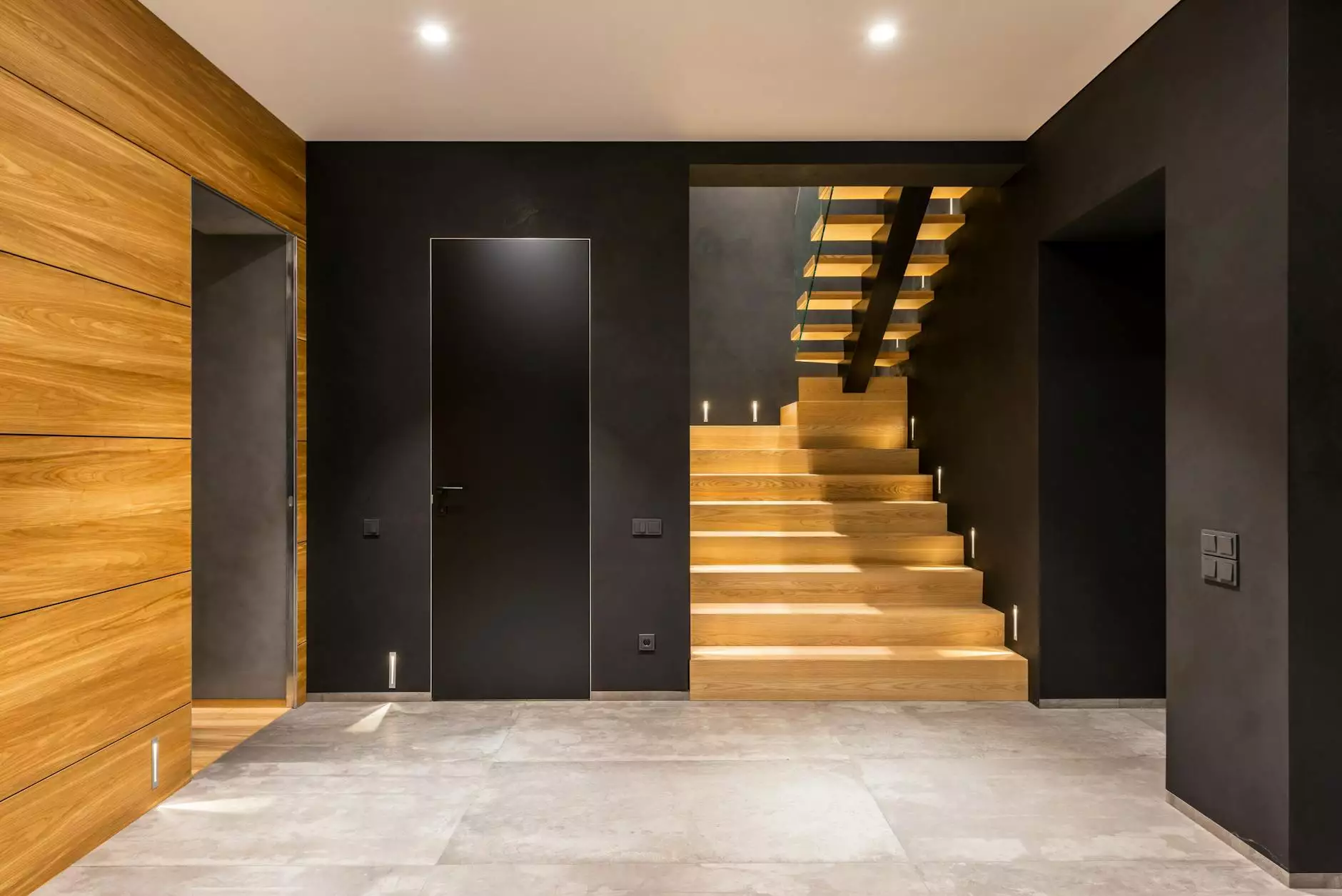Building Regulations for Loft Conversion

The Importance of Building Regulations
When it comes to converting your loft space, it is crucial to understand and comply with the building regulations in place. Building regulations are put in place to ensure the safety, energy efficiency, and structural integrity of any construction work undertaken. Failing to adhere to these regulations may lead to legal complications, safety hazards, and issues with the sale or valuation of your property.
Understanding Loft Conversion Building Regulations
Loft conversions are one of the most popular ways to add extra space and value to your home. However, it is essential to be aware of the building regulations specific to loft conversions to ensure that your project meets the necessary standards. Here are some key considerations:
1. Fire Safety Regulations
Fire safety is of utmost importance in any building, including loft conversions. The building regulations outline requirements for fire-resistant materials, escape routes, smoke alarms, and fire doors. These regulations aim to protect your property from the rapid spread of fire and provide sufficient time for occupants to safely exit the premises in case of an emergency.
2. Structural Stability
Loft conversions involve changes to the structure of your property, requiring careful assessment of its ability to support the additional load. Building regulations provide guidance on calculating the load-bearing capacity of the existing structure and ensuring the appropriate measures are taken to reinforce it if necessary. This is crucial to prevent any structural issues in the long term.
3. Insulation and Energy Efficiency
Another important aspect to address in loft conversions is insulation and energy efficiency. Building regulations include requirements for thermal insulation of roofs, walls, and floors to promote energy conservation and reduce heat loss. Compliance with these regulations can significantly improve the energy efficiency of your property and reduce heating costs.
4. Staircase Design and Access
Proper staircase design and access are essential for safe and accessible loft conversions. Building regulations specify the dimensions, positioning, handrail requirements, and headroom clearance for loft staircases. Adhering to these regulations ensures that your loft conversion is easily accessible and meets safety standards.
5. Ventilation and Lighting
Adequate ventilation and lighting are fundamental to maintaining a healthy and comfortable living environment. Building regulations outline requirements for natural light, ventilation provision, and the installation of windows or roof lights in loft conversions. By following these regulations, you can ensure your loft space is well-ventilated and properly lit.
JNP Legal: Your Trusted Legal Services Partner
When it comes to navigating the complex world of building regulations for loft conversions, it is crucial to have a reliable and experienced legal partner by your side. JNP Legal is a leading law firm specializing in various aspects of property law, including building regulations compliance. Our team of expert lawyers has in-depth knowledge and extensive experience in dealing with all legal matters pertaining to property construction, renovations, and conversions.
By choosing JNP Legal, you gain access to our unparalleled expertise and personalized guidance throughout your loft conversion project. We understand the intricacies of the relevant building regulations and ensure that your project complies with all necessary legal requirements. Our goal is to provide you with peace of mind, knowing that your loft conversion is being handled with utmost professionalism and legal compliance.
Our services include comprehensive legal advice, document review, guidance during the planning and construction phases, and representation in case of any legal disputes. At JNP Legal, we prioritize our clients' needs and strive to achieve the best possible outcomes for them.
Conclusion
In summary, loft conversions can be a fantastic way to create additional living space and maximize the value of your property. However, it is crucial to understand and adhere to the building regulations specifically designed for loft conversions. Failure to comply with these regulations can lead to legal problems and compromise the safety and functionality of your space. By partnering with JNP Legal, you can ensure that your loft conversion project meets all necessary requirements and is carried out smoothly. Contact us today to discuss your loft conversion plans and let our team of legal experts guide you through the process.



